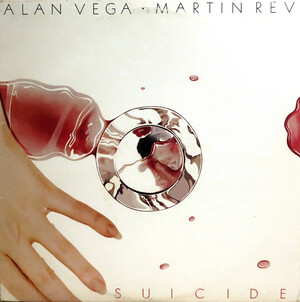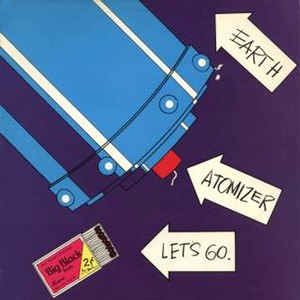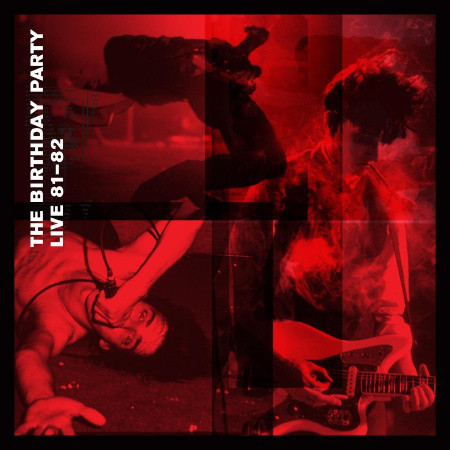
Synthpop, New Wave
1980
What happens when a record sells poorly but becomes massively influential anyway? The Velvet Underground didn't have to worry about that as being under Warhol's umbrella gave them a certain amount of insulation from outside influences that might have diluted their subversiveness on future records. But a few boroughs over in Brooklyn, things couldn't have been more different for Suicide. The bleak, guitar-less proto-industrial synth drone of their self-titled debut in 1977 somehow earned cult status among groups as varied as Bruce Springsteen, Spacemen 3 and The Jesus and Mary Chain. But it would be Ric Ocasek of The Cars whose love for the record got him into the studio to produce their second album.
On paper, the combination sounds tantalizing. A rising new wave group bringing the underground punk scuzziness to a mainstream audience? After all, would Melvins' Houdini have had the same punch without superfan Cobain's involvement? Who knows what Ocasek could have come up with? Chrome meeting Tangerine Dream? Kraftwerk with a Gary Numan-esque twist?
As it turns out, none of those. In fact, there's fleetingly little on this record that manages to retain either the doomy menace of their first album or adds anything in the way of Cars-y hooks that might have earned them some radio play. As singles go, the closest they come are in the post-disco glam strut of 'Diamonds, Fur Coat, Champagne' and the seductive wah synths of 'Shadazz', the latter receiving a fine cover by The Horrors nearly 30 years later. 'Sweetheart' is the requisite '50s-influenced tune, but is weighed down by overly schmaltzy synths, a far cry from the minimal beauty of 'Cheree' on their previous album and the imperious 'Surrender' on 1988's A Way of Life.
'Mr. Ray' and 'Fast Money Music' attempt to reproduce the grislier parts of their early sound, but mostly fall flat, sounding more like Lou Reed-aping spoken word stuff than 'Rocket USA'. The lowlight is definitely 'Harlem', which drags a single synth loop for almost 7 minutes while Vega's growls incoherently in the background.
The cleaner production and pop vibe of 'Be Bop Kid' and 'Las Vegas Man' does seem to suit Alan Vega more than Martin Rev, kickstarting a number of solo releases of serviceable if unmemorable pop-abilly.

